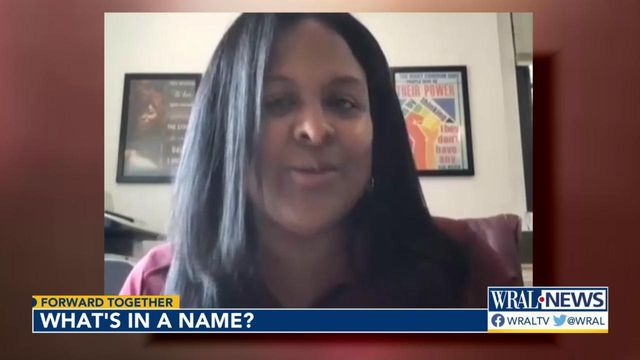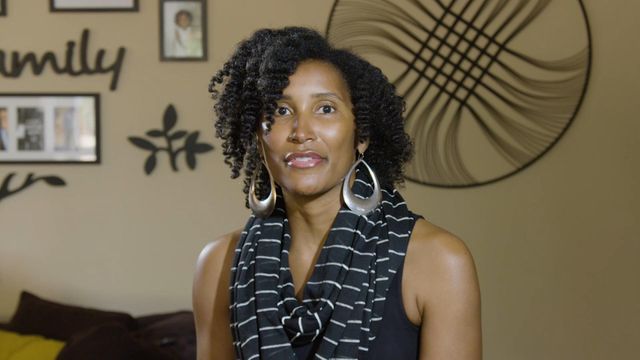Katie, Keisha explain personal experience with name discrimination in the workplace
Laws now forbid overt forms of discrimination based on gender, ethnicity or age, but unconscious biases remain in hiring and other practices.
A Harvard Study suggests job applicants with ethnic names may experience name discrimination, a form of racism. In fact, for those with a non-Eurocentric name, the chances of being called in for an interview decrease by 21%.
"I think biases and hiring biases are a real thing, and it does need to be addressed," said Keisha Williams, the director of marketing and communications at the North Carolina Central University's School of Business, who has seen name discrimination firsthand.
Williams worked in many corporate environments before landing at NCCU. Because her name has diverse roots, she's heard of all types of "solutions" to prevent name discrimination.
"They'll say, have you ever thought about changing your name or making it an acronym, and I've always really stood firm to the belief that if they didn't want a 'Keisha' then they didn't want me," Williams said. "It is one and the same, and I hold my name very, very proudly."
When Katie Mgongolwa married a Tanzanian man and took his last name, she quickly learned the challenges that come with being labeled as "other."
"As a white woman, I'm not particularly susceptible to chronic discrimination or anything like that, and unfortunately sometimes white folks don't really understand something until they experience it themselves," Mgongolwa said. "In this particular case it's definitely been eye opening. It does get really hurtful."
Why does name discrimination happen in the workplace? Experts say it's embedded in American history.
Dr. Ronda Taylor Bullock, the lead curator of We Are, a non-profit organization that provides anti-racism training for children, families, and educators, explains, "Because we live in a society where anti-Blackness is prevalent and anti-immigrant sentiments are prevalent, they allow themselves to believe and buy into these negative stereotypes."
Additionally, if applicants don't get those job interviews, they can't impact the culture at the company.
Instead of judging a book by its cover, Williams suggests asking ourselves these questions: "What's in a name? What does it matter? What does it matter what my name is? It's inconsequential to what I'm able to do."
Doing that, she says, eliminates implicit bias before it shows up in office buildings.











